Meet Dr. Z (Zeshaan Maan MD MSc), our Stanford-trained plastic and reconstructive surgeon. After residency, Dr. Z pursued a hand surgery fellowship at UCSF. Additionally, Dr. Z has years of advanced training in cutting-edge regenerative medicine, which arms him with the tools and knowledge to deliver exceptional surgical outcomes while enhancing your body’s regenerative potential.
During his time at Stanford, Dr. Z’s particular interest in cosmetic surgery led him to seek out unique training experiences beyond the university, learning from leading experts in rhinoplasty, blepharoplasty, brow lift and facial rejuvenation. He furthered his skills through an exclusive fellowship training in Aesthetic Surgery at the prestigious Marten Clinic for Plastic Surgery, with a special focus on Facial Rejuvenation. Under the mentorship of Dr. Timothy Marten, a pioneer and internationally recognized leader in the field, and his partner, Dr. Dino Elyassnia, a rising star and master of Preservation Rhinoplasty, Dr. Z refined his expertise. Maan Plastic Surgery is also affiliated with Revitalize Plastic Surgery.
Dr. Z is dedicated to patient education and mutual decision-making, ensuring patients feel informed, supported, and thrilled with their aesthetic outcomes. While Dr. Z is proficient in all aspects of cosmetic surgery, such as arm lifts, tummy tucks, and liposuction, his unique background sets him apart as one of the few specialists focusing on advanced facial rejuvenation, deep plane neck lift surgery, and the art of preservation of rhinoplasty. This comprehensive training and dedication to excellence make Dr. Z a trusted expert in the field, providing patients with the highest level of care and aesthetic results.











